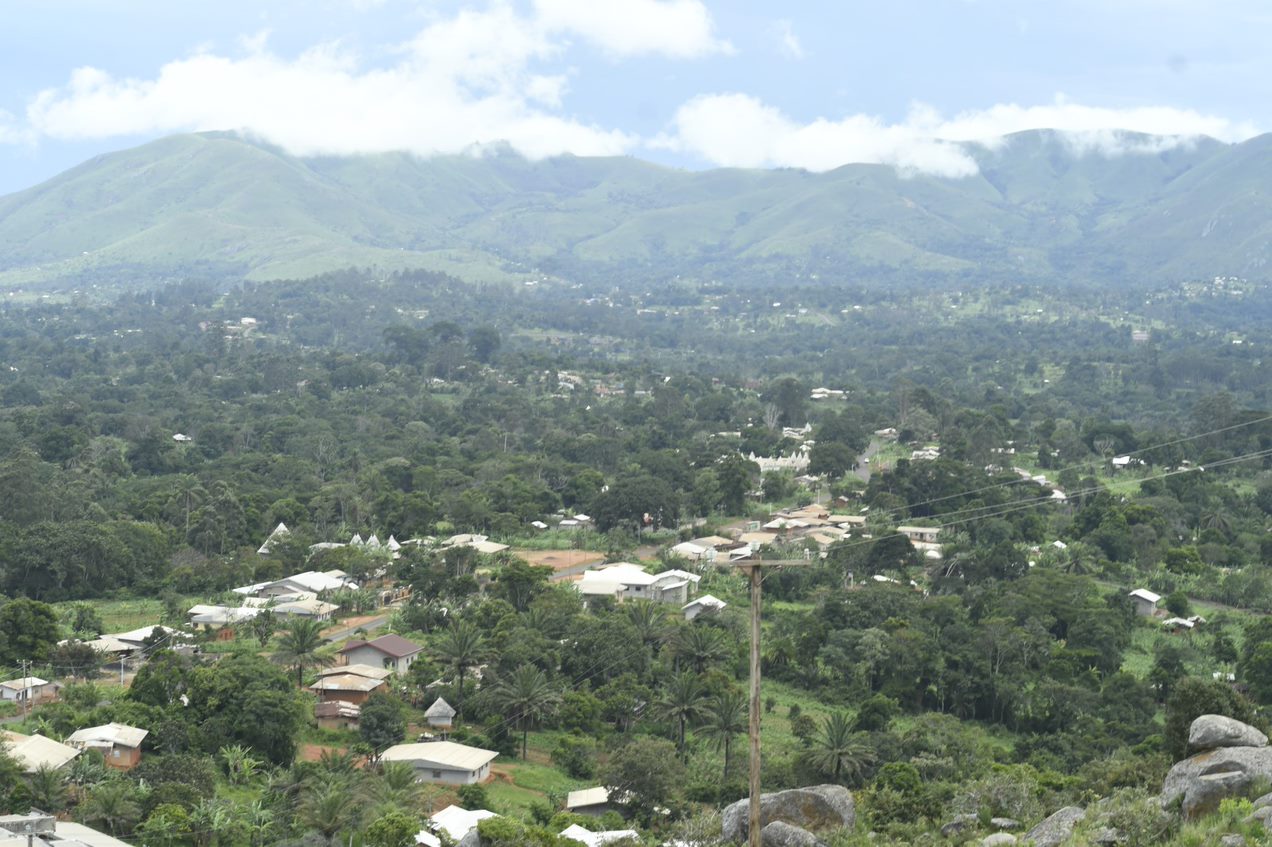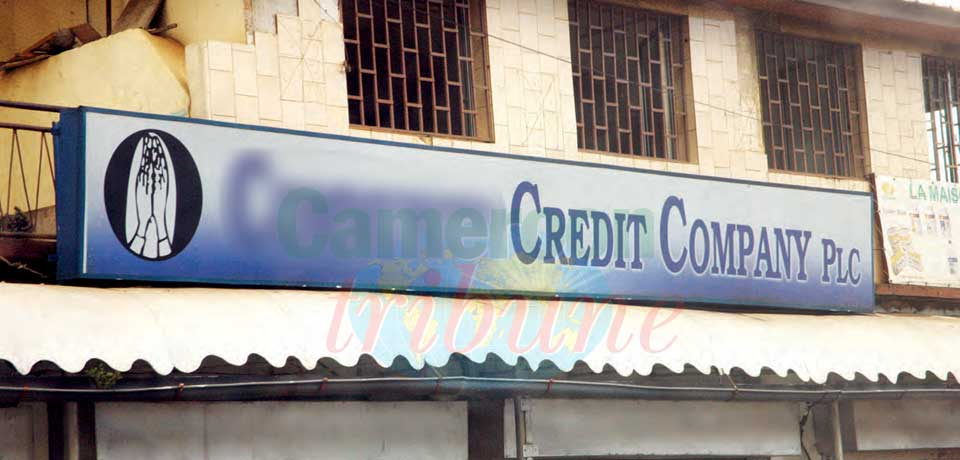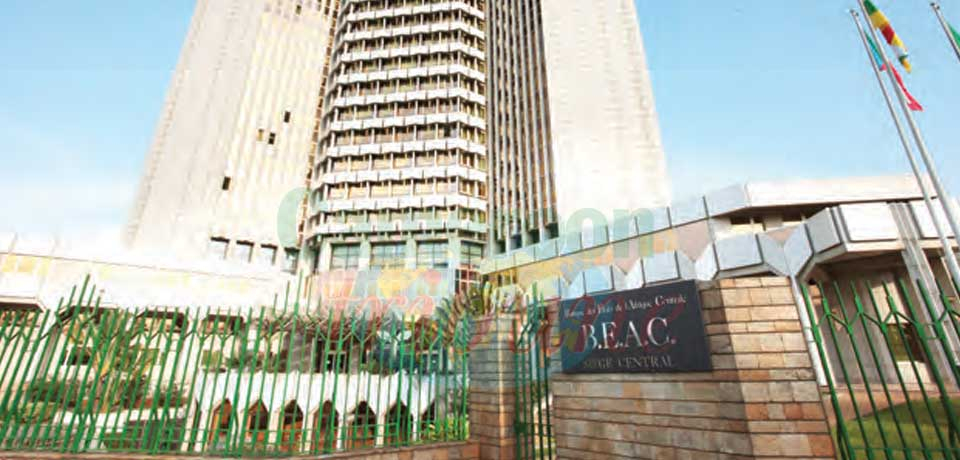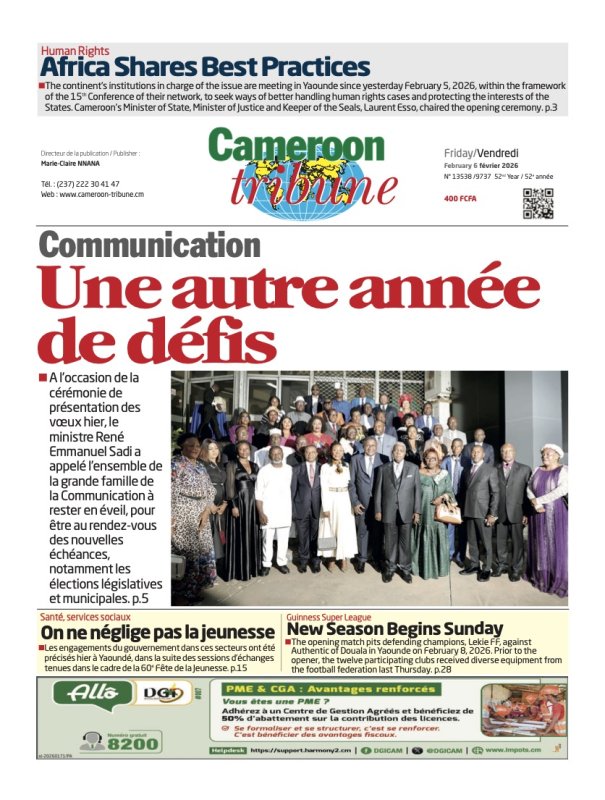Mount Bamboutos Landscape: Assuring Biodiversity Conservation, Sustainable Management
- Par Kimeng Hilton
- 17 Aug 2022 14:08
- 0 Likes

Rainforest Alliance on August 16, 2022 in Bafoussam commissioned members of the board to manage the project, which covers 8 councils in the West, North West and South West Regions.
It is touted – and rightly so - as the very first project in Cameroon with council landscape management committees and a governance board for the council areas involved. With a multi-stakeholder management structure, the project also aims to attain priority management zone status. For biodiversity conservation and sustainable landscape management under the Land Tenure Law. Which will be another first in Cameroon.
All Eyes On COBALAM
“This is why government supports and counts so much on the project. Everyone is looking forward to the lessons learnt, challenges, achievements, what did not work…, in order to replicate this pioneering experience in other parts of the country,” explains Nadege Nzoyem, Country Director, Rainforest Alliance Cameroon.
“Removing Barriers to Biodiversity Conservation, Land Restoration and Sustainable Forest Management through Community-based Landscape Management, COBALAM,” is indeed an ambitious project. Sited on the Bamboutos mountain range, the biodiversity conservation, land restoration and sustainable forest management project crisscrosses 8 council areas in three regions.
These are Mbouda, Nkongdzem, Babadjou, Bafou and Fongo Tongo councils in the West Region; Alou and Wabane in the South West Region, and Santa in the North West Region. The project targets at least 3,000 direct beneficiaries over five years (2020-2025), with 50 per cent being women. About 10 per cent of the total landscape population is going to benefit directly from the project.
GEF Funding
COBALAM is financed by the Global Environment Facility, GEF to the tune of 3.1 million US dollars (about 2.002 billion FCFA). It is implemented in partnership with United Nations Environment and the Ministry of Environment and Nature Protection. The Ministry of Economy, Planning and Regional Development is co-financier. While Rainforest Alliance is the technical executing partner.
Multi-stakeholder Governance
Commissioned in Bafoussam, West Region on Monday, August 16, 2022, COBALAM’s management board comprises 27 members. The Mayor of Babadjou, Tsangue Gisele, was elected the pioneer chair. The position will be rotated amongst the other mayors (who are all deputies) every two years. Because of the prevailing insecurity in Lebialem Division of South West Region, Alou and Wabane councils are yet to join the project. “As soon as the situation improves, we will deploy on the ground to begin the project,” Nzoyem promised.
So Participatory!
Participants at the one-day workshop were traditional rulers, civil society organizations, mayors, councilors and other stakeholders. The objective was to sign the agreement on the sustainable management of Mount Bamboutos landscape, and set up the landscape management board. Which is the governance structure for the council areas involved. “The next step is the recruitment of consultants, who together with community people, will develop the landscape management plan. After which grants will be offered to councils to run activities consensually agreed in the management plan,” explained Jacques Waouo, Team Manager, Rainforest Alliance Western Highland, Cameroon.
Crop-Livestock Farmer Disputes
“We have always been concerned by the challenges of managing Mount Bamboutos landscape. The major problem is conflicts between crop and livestock farmers over land resources. Rainforest Alliance has offered us the opportunity to begin to resolve it. The landscape management agreement we signed will serve as framework document to explain to our people what is expected of them,” noted Wadji, the Mayor of Mbouda.
Peace, Unity First!
“I appeal to our people to promote unity and peace. Peace is synonymous with development. Common Initiative Groups will receive support to run projects. COBALAM will improve livelihoods in our council area, especially those living on the Bamboutos mountain range,” noted His Royal Highness Samkie Elvis Gahnyam II, Mayor of Santa and Fon of Baligham.
Clear Land Use Demarcation
According to Zenabu Abdul Kareem, representative of Mbororo women from Fongo Tongo in Menoua Division of West Region, her community suffers from shortage of water for livestock and human consumption. “Water is channeled from the mountain to the valleys for crop cultivation, leaving little for Mbororos on the mountain. Moreover, most grazing land has been taken up for crop farming,” Zenabu complained.
“We suggest that farming and grazing zones be clearly demarcated and protected. So also should portable water springs be separated from water sources for crop farming. Without COBALAM, Mbororos will not be identified as stakeholders in sustainable landscape management,” the Grade One teacher suggested.
A Woman Represents Mbororos!
“This is an honour for the Mbororo community! It is a change of dimension, a paradigm shift to be represented on COBALAM board. In the past, men represented Mbororos. But this time, a lady, Mrs. Ahi Djamilatou, was selected to play that role for a major project covering the West, North West and South West Regions,” said Djibrila Haman, Chief Executive Officer of Environment Conservation Organisation for Public Health, ECO-PH, a civil society organization in the North West Region.
Inclusive Process All Through!
Haman appreciated the process leading up to the election of Mount Bamboutos Landscape Management Board: “Council Landscape Management Committees were set up with all stakeholders represented – the council, socio-professional groups, civil society organizations, women, youth…. The two levels of landscape management governance ensure a cross-cutting inclusive process, applying an integrated landscape management approach. I believe this will be sustainable because almost all stakeholders were considered from the beginning of the project,” Haman stressed.
“Nothing was imposed by COBALAM because a consultative approach was used with the views of frontline actors in the landscape taken into consideration. The approach will make much difference on the ground. Frontline community people will be consulted to identify problems and propose solutions. Solutions will not be imported, but based on local reality. Unlike other projects that come with preconceived ideas which are imposed on the people,” Haman continued.
“Mount Bamboutos Landscape Management Board will carry out activities at different levels. Changes will be noticed at the level of policy, activities (like value chain – producers, marketers, suppliers of inputs, etc, are included in the project.) I believe there will be noticeable difference at the level of field interventions and policy,” Djibrila Haman concluded.
Soil Erosion, Deforestation
“The problems we face on Mount Bamboutos landscape include soil erosion and deforestation. Deforestation depletes water sources, threatening our faming activities and existence. We expect the project to put in place reforestation and environmental management activities to address these problems,” appealed Meli Civil Dieuseul, an agricultural entrepreneur based in Ndziengndom, Batcham Subdivision, Bamboutos Division. Dieuseul, who cultivates Irish potato rotatively on over 52 hectares, is also spokes person for Ndziengndom agricultural entrepreneurs on Mount Bamboutos.
Depleted Water Sources
“We face challenges of watershed management because water sources are drying up as a result of deforestation. We hope the project will provide more environment-friendly trees to be planted around water sources. We use water for irrigation during dry season to cultivate Irish potato; and need portable water for home use and other activities. We would like the project to train us in relevant areas to improve agricultural production,”...
Cet article complet est réservé aux abonnés
Déjà abonné ? Identifiez-vous >
Accédez en illimité à Cameroon Tribune Digital à partir de 26250 FCFA
Je M'abonne1 minute suffit pour vous abonner à Cameroon Tribune Digital !
- Votre numéro spécial cameroon-tribune en version numérique
- Des encarts
- Des appels d'offres exclusives
- D'avant-première (accès 24h avant la publication)
- Des éditions consultables sur tous supports (smartphone, tablettes, PC)














Commentaires